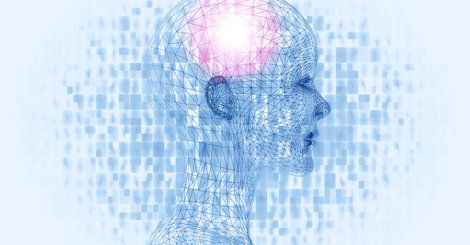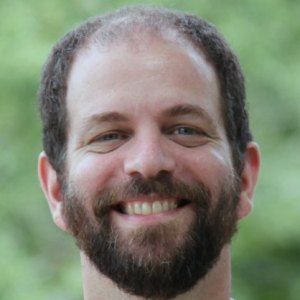For those who missed this.
By all counts, Earth is on a one way trip to oblivion. Our aging Sun will see to that. Within 500 to 900 million years from now, photosynthesis and plant life on Earth will reach a death-spiral tipping point as the Sun continues its normal expansion and increases in luminosity over time.
Trouble is, researchers are still unsure about all the grisly endgame details, and their models of such slow motion horrors are hard to test. But a team of researchers now say that finding and observing nearby aging Earth-analogues, undergoing the ravages of their own expanding sun-like stars, will help Earth scientists understand how the stellar evolution of our own sun will affect life here on Earth.




 Pratt has spent the past five years with DARPA, and laid out what’s important for Toyota at an event in Palo Alto today: “Our long-term goal is to make a car that is never responsible for a crash.”
Pratt has spent the past five years with DARPA, and laid out what’s important for Toyota at an event in Palo Alto today: “Our long-term goal is to make a car that is never responsible for a crash.”










